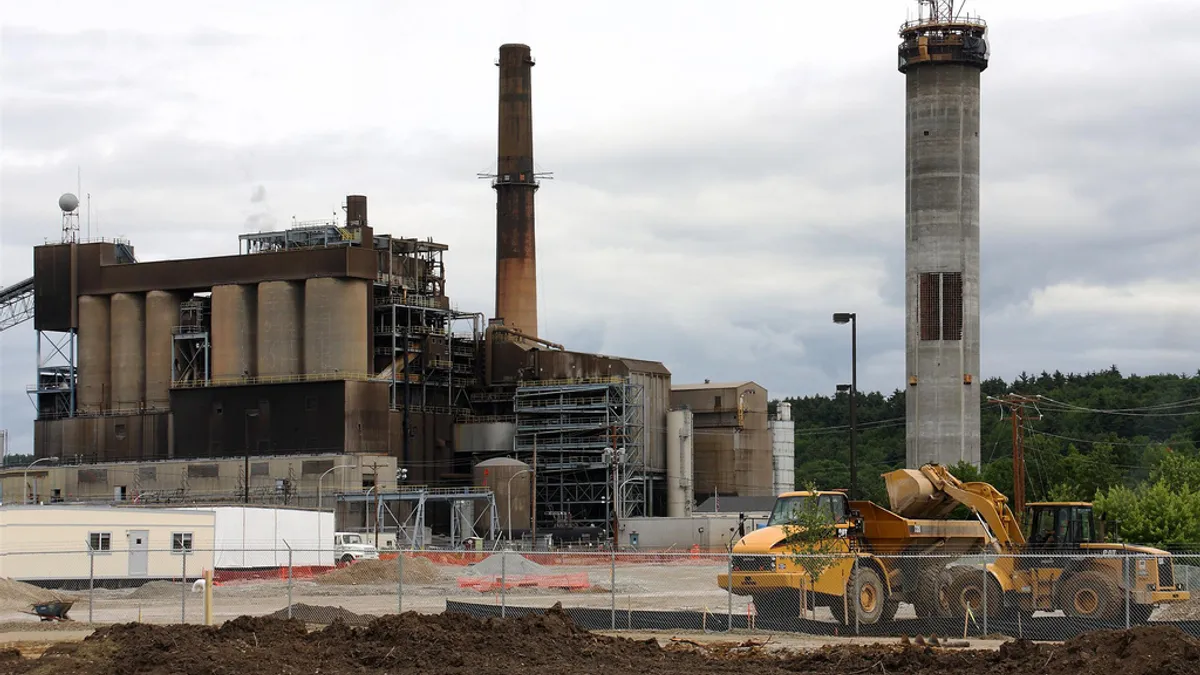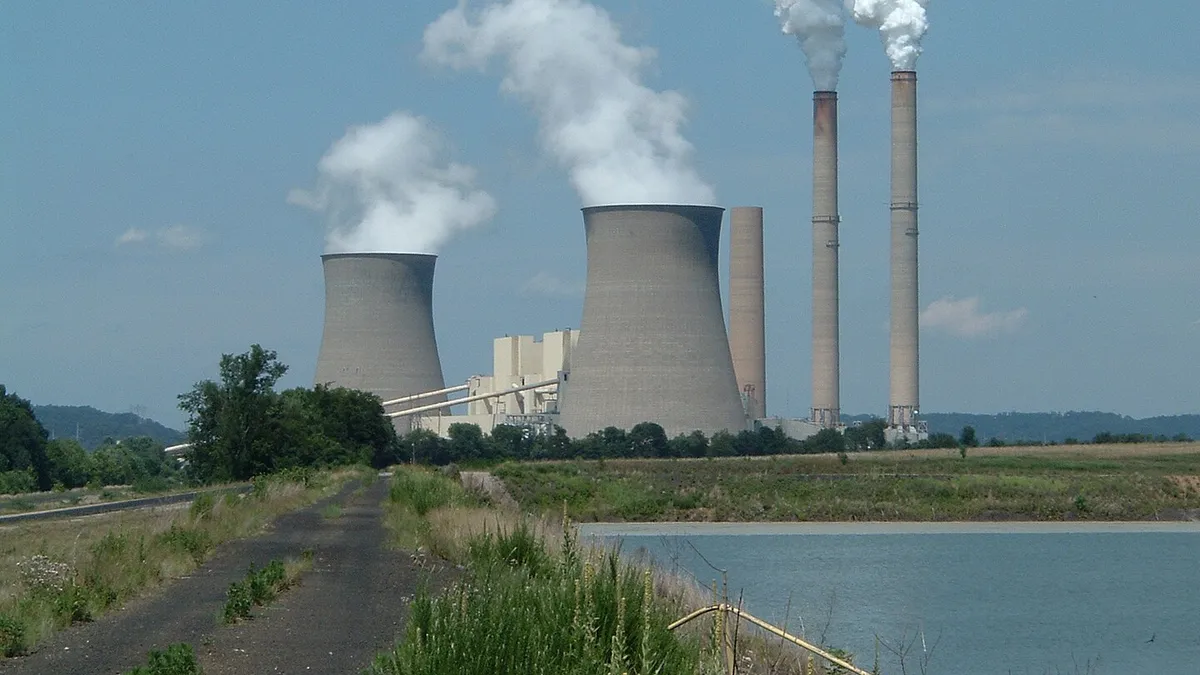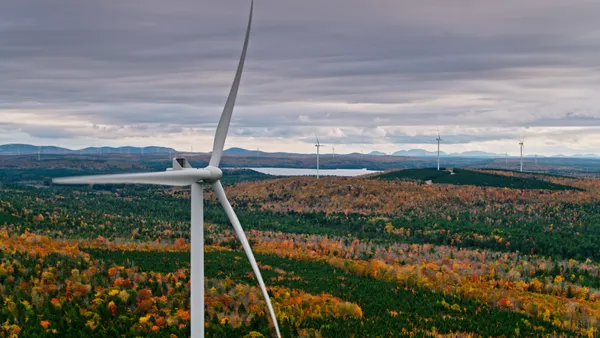Dive Brief:
- West Virginia is party to a multi-state challenge opposing the Clean Power Plan, but Gov. Earl Ray Tomblin (D) this week said the state will go ahead and submit a compliance plan anyway rather than be forced to accept the federal strategy, the Charleston Gazette-Mail reports.
- Despite some calls for states to reject the Obama administration's greenhouse gas limits, Tomblin said at an energy conference this week that simply ignoring the U.S. Environmental Protection Agency is not a viable option.
- At the same energy conference, Appalachian Power President Charles Patton told attendees that new coal plants are no longer viable, and that even without federal regulations, coal appears to be on its way out as a power generation resource in the U.S.
Dive Insight:
West Virginia, the state leading the challenge against the EPA's Clean Power Plan, will file a compliance strategy as it battles the carbon legislation, according to Gov. Tomblin. The decision marks a growing trend of states moving to comply – and avoid a federal plan being imposed on them – while still working to challenge the final rule.
“To do nothing or just ignore the EPA, in my opinion, is something we should not do," Tomblin said at a state Energy Summit, according to the Charleston Gazette-Mail. "They are the federal regulatory agency. ... If we can show that we put a lot of time and study into a plan for West Virginia, we would have a better chance of, hopefully, lessening the pain that they may inflict upon us."
That's a departure from West Virginia Attorney General Patrick Morrisey's statement a week ago when he said the state is "proud to be leading the charge against this Administration’s blatant and unprecedented attack on coal.”
This isn't the first time the carbon regulations have split a state's governor and its attorney general. In Colorado, the state's attorney general has signed onto the lawsuit while Gov. John Hickenlooper (D) said he supports the new law. A handful of other states are still considering compliance options, even while challenging the plan:
Appalachian Power President Charles Patton, also speaking at the Summit, said new coal plants are simply no longer viable in the current price environment — even absent new regulations.
A conventional coal plant produces power at about $95/MWh, he said, compared with $73/MWh for gas-powered generation as well as wind, with subsidies. By comparison, a new, cleaner and more modern coal plant would generate power at about $144/MWh.
“With or without the Clean Power Plan, the economics of alternatives to fossil-based fuels are making inroads in the utility plan,” Patton said. “Companies are making decisions today where they are moving away from coal-fired generation.”
“You just can’t go with new coal," he said. “It is just not economically feasible to do so.”















